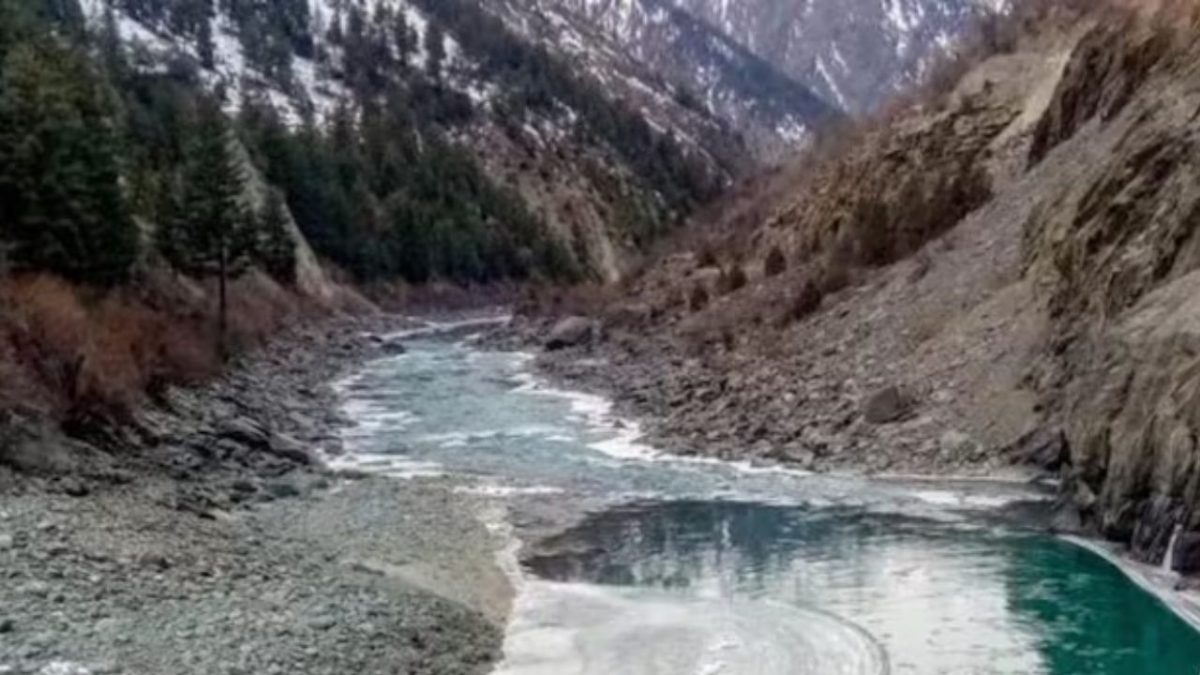India has accepted Pakistan’s request for a ceasefire , which Pakistan proposed after the Indian military inflicted significant damage on Pakistani airbases on Friday and Saturday (May 9-10). According to Indian official sources, the agreement was made without any conditions, and the Indus Water Treaty will remain in abeyance.
This ceasefire offers a much-needed break from the increasing tensions, which have caused civilian casualties and infrastructure damage due to recent cross-border firing.
The ceasefire between India and Pakistan is firmly in place under strict Indian terms. Sources state that there are no attached conditions and that the Indus Waters Treaty remains suspended. Pakistan’s Director General of Military Operations initiated the ceasefire after mutual understanding, without the involvement of any third country.
Despite the ceasefire, the Indus Water Treaty, which manages the sharing of water resources between the two nations, will stay suspended. It means Pakistan will continue to pay a huge price for supporting terrorists who carried out the brutal massacre of Hindu tourists in Jammu and Kashmir on April 22.
The Ministry of External Affairs confirmed India’s decision to suspend the treaty immediately due to ongoing cross-border terrorism from Pakistan, which they consider a major breach of the treaty.
The Indus Water Treaty, facilitated by the World Bank in 1960, has been crucial in India-Pakistan relations. However, India accuses Pakistan of violating its terms by not engaging in negotiations to amend the treaty.
India-Pakistan relations have seen periods of severe hostility, including wars and several terrorist attacks.
The recent ceasefire is a significant step towards reducing tensions, but challenges remain.
Impact Shorts
More ShortsImportantly, India has agreed that any future acts of terrorism will be treated as an Act of War.
Visa restrictions between the two countries will remain despite the ceasefire.
These restrictions have been in place for years due to security concerns, and India is cautious about lifting them. The decision to maintain these restrictions reflects India’s firm stance on the matter.
The situation along the India-Pakistan border remains tense, with differing views on the ceasefire agreement and the Indus Water Treaty. While the ceasefire is a positive step, the future of the treaty remains uncertain.
)